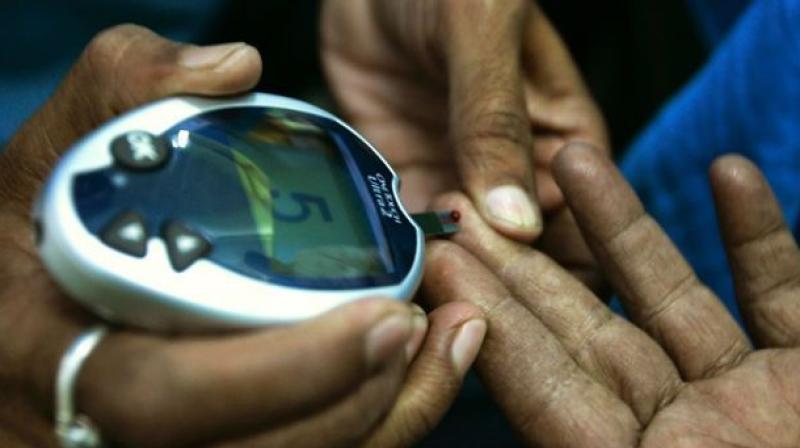Botswana’s leaders made a call for urgent action on Noncommunicable Diseases (NCDs) in the African region today (17 September) at a landmark forum held in Gaborone. The call comes as the world prepares for a high-level meeting on NCDs at the UN General Assembly in New York, which will take place at the end of September 2018.
NCDs are a group of chronic health conditions that include cardiovascular diseases, cancers, mental disorders and diabetes. They are now the leading killers on the planet, causing 7 in 10 deaths globally. The major causes are avoidable risk factors like tobacco use, harmful alcohol consumption, physical inactivity and unhealthy diets.
In Africa, countries are seeing a rapid rise in NCD cases. Today a person aged between 30 and 70 years in the region has a 1 in 5 chance of dying from one of these diseases.
In Botswana, NCDs are responsible for over 37% of total deaths. One-third of Batswana adults are overweight or obese, and one in five smokes. Cardiovascular diseases and injuries are both leading causes of death in Botswana. Other risk factors include increasing consumption of processed foods, poor road safety, harmful alcohol use and delayed diagnosis and treatment.
“We must act quickly and tackle NCDs head on with the same vigour as we did the HIV pandemic,” said Former President of Botswana, Festus Gontebanye Mogae, who is a member of the World Health Organization’s High Level Commission on NCDs. “Heads of State and Government will meet at the UN High-level Meeting on NCDs in New York. This is an opportune moment for a change in our approach to health, wellbeing and lifestyles. I call on African leaders to attend this event.”
Former President Mogae presented recommendations from the High Level Commission’s report, which include a series of proven, cost-effective ‘Best Buys’ such as taxation on alcohol, sugary drinks and tobacco and bans on their marketing; public awareness campaigns and education.
The Minister of Health and Wellness, Dr Alfred Madigele highlighted the important steps the country has already taken to tackle NCDs. “The Ministry’s approach emphasizes prevention, leveraging the primary care platform and multi-sectoral participation, early detection and linkage to high quality care for those affected.”
In Africa, Botswana is at the forefront of the fight against NCDs, implementing many of the recommendations outlined in the NCD Commission’s report already. Botswana has imposed a high tax on alcohol and tobacco products, strengthened multisectoral collaboration to improve road safety and scaled up cervical cancer early screening, diagnosis and treatment through integrated primary care centres in the capital, with all services provided by nurses. Botswana’s National Strategy for the Prevention and Control of NCDs (2017-2022) will further boost the government’s work on taxation of alcohol and tobacco products and promote healthy nutrition in schools. This new strategy will engage multi-sectoral partners across Botswana to implement far-reaching policy reforms and interventions, including community involvement.
“Without a redoubling of efforts, NCDs will jeopardise the health and development gains across Africa,” said Dr Martins Ovberedjo, WHO Representative for Botswana. “We hope that the example that Botswana is setting will be followed by other countries in the region and call on all stakeholders to play their role in tackling this public health threat.”
The forum was attended by policymakers, opinion leaders, decision makers, members of the diplomatic corps, civil society groups and academics. It explored innovations for preventing and treating NCDs, including lessons from Botswana, the region and the world, as well as next steps in building a healthier future for people. The event is helping to prepare the ground for the high-level meeting on NCDs in New York, where African leaders will have a chance to take a great stride towards health for all, by committing politically and economically to tackling the world’s major cause of death.
###
Editors note
Noncommunicable diseases (NCDs), including cardiovascular diseases, cancer, diabetes, chronic respiratory diseases and mental disorders, tend to be of long duration and are the result of a combination of genetic, physiological, environmental and behavioral factors. Tobacco use, physical inactivity, the harmful use of alcohol and unhealthy diets all increase the risk of dying from a NCD. Detection, screening and treatment of NCDs, as well as palliative care, are key components of the response to NCDs. WHO also recognizes that air pollution is a critical risk factor for NCDs.
Media Contacts:
Moagi Gaborone
gaboronem@who.int
tel. +267 3971506
Mobile +267 71717549





